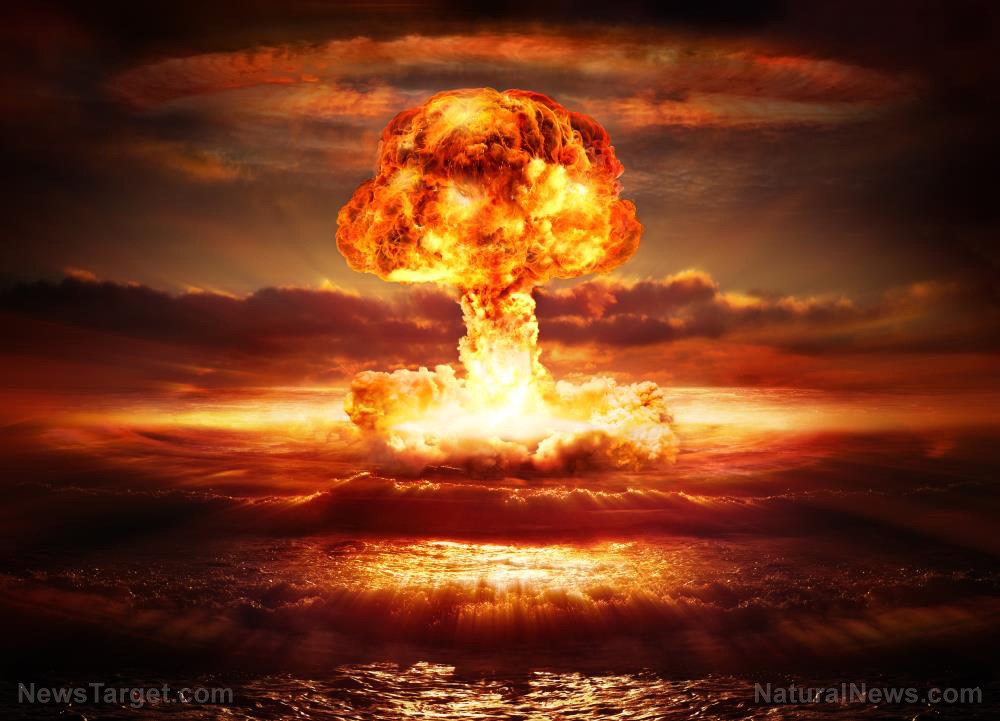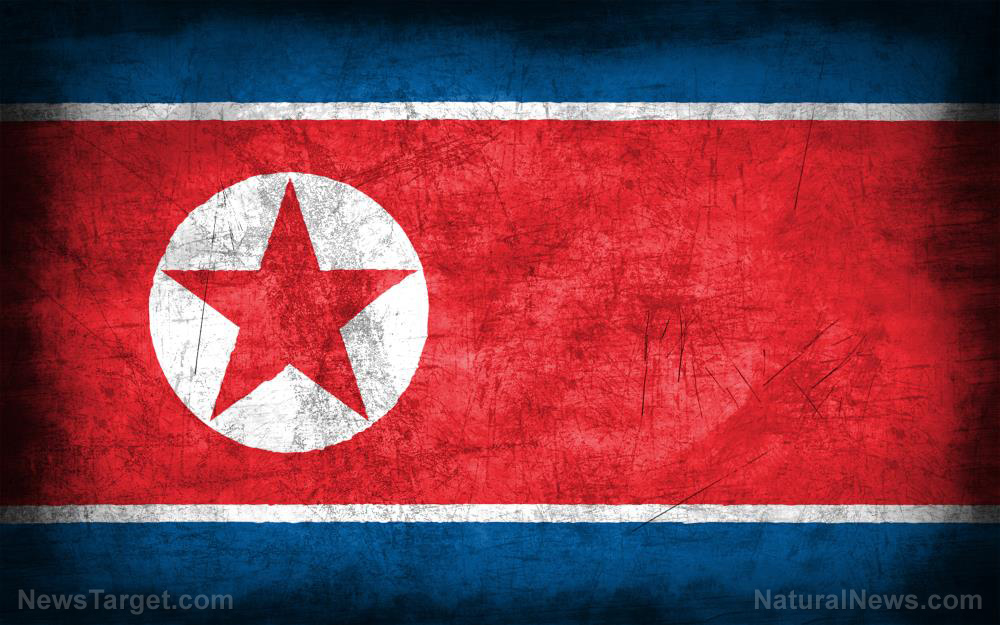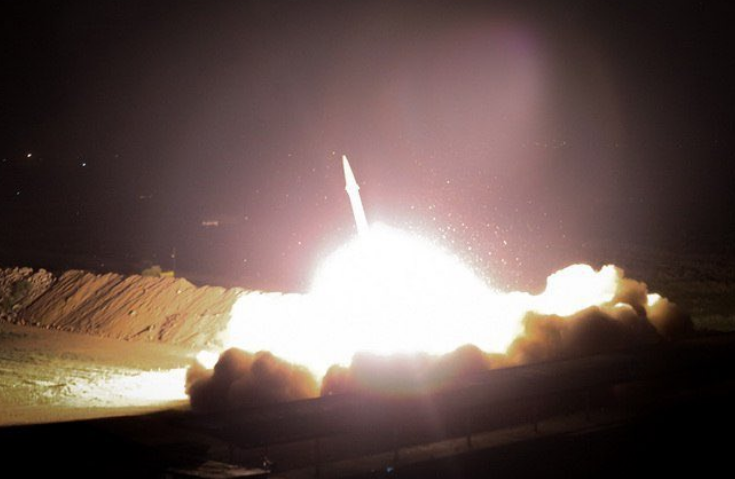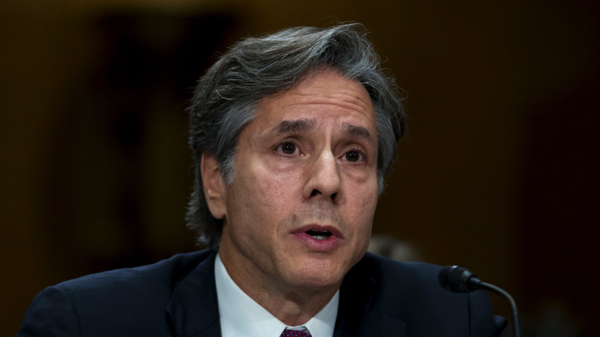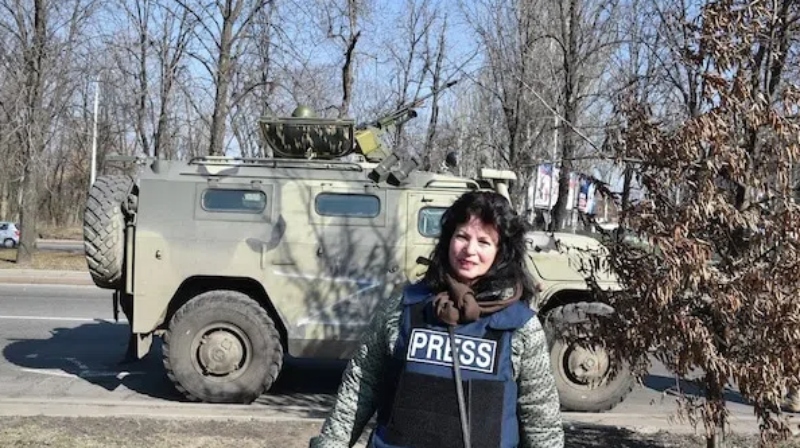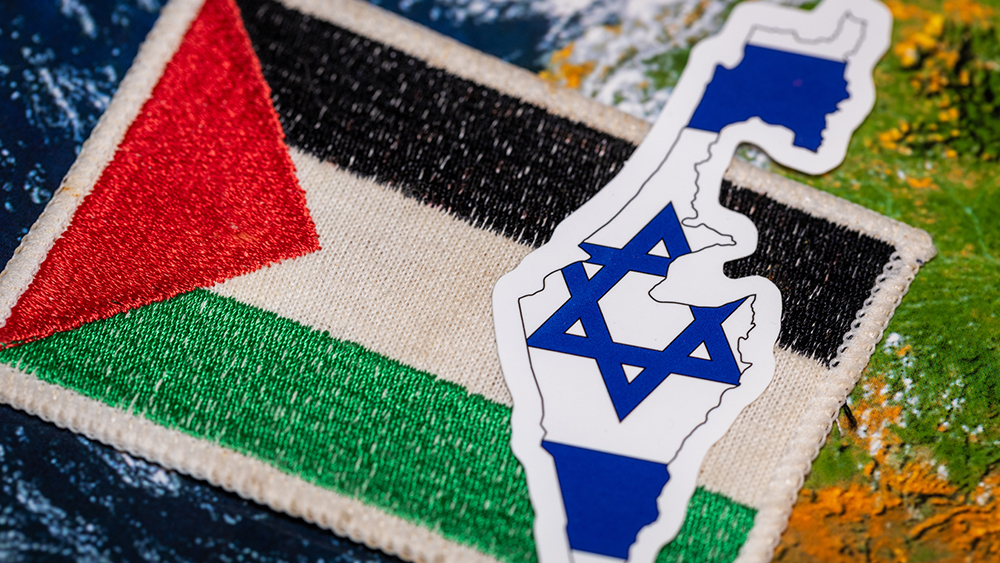U.S. forces strike Hezbollah facilities in Iraq
01/26/2024 / By Richard Brown

The United States has executed precision airstrikes in Iraq, strategically targeting facilities allegedly associated with the Iranian-backed Kataib Hezbollah and its affiliated militant groups. These unilateral airstrikes, orchestrated by the U.S. Central Command, were directed toward three facilities extensively used by the Kataib Hezbollah Shia terror group in Iraq.
Kataib Hezbollah, a designated terrorist organization since 2009 according to the U.S. State Department, is led by its key leader, Ahmad al-Hamidawi, who was recognized as a “Specially Designated Global Terrorist” in February 2020.
The airstrikes focused on critical locations, including Kataib Hezbollah’s headquarters, storage areas and training facilities, all geared toward rocket, missile and one-way attack UAV capabilities.
Following the U.S. airstrikes, reports from CNN confirmed at least one fatality and one injury. According to information from Kataib Hezbollah’s Telegram channel, the individual killed was identified as a member of the militant group.
In a separate statement, Jafar al-Hussaini, the military spokesman for Kataib Hezbollah, articulated the group’s commitment to persistently target enemy strongholds in support of their compatriots in Gaza. (Related: Hezbollah’s “initial” response to assassination of top-ranking Hamas leader involved striking Israeli intelligence base with more than 60 rockets.)
Al-Hussaini conveyed a strong message, asserting that these actions would continue until what he referred to as the “brutal, American-backed killing machine” ceases, and the siege is entirely lifted.
The backdrop of these airstrikes lies in the escalating tensions involving repeated attacks on U.S. forces in both Iraq and Syria.
The catalyst for the recent military action was the assault on al-Asad Airbase in western Iraq on January 20. Iranian-backed militants within Iraq launched multiple ballistic missiles and rockets, resulting in four U.S. personnel sustaining traumatic brain injuries, as disclosed by the U.S. Central Command.
Sabrina Singh, the deputy Pentagon press secretary, highlighted the uniqueness of the al-Asad Airbase attack during a press conference. The coordinated barrage of missiles and rockets fired “all at one time,” inflicted substantial damage not only on personnel but also on the base’s infrastructure. The airbase, situated approximately 100 miles west of Baghdad, hosts the majority of the roughly 2,500 American troops stationed in Iraq.
Defense Secretary Lloyd Austin, in a subsequent statement, characterized the U.S. retaliatory strikes as “necessary and proportionate.”
He underscored that these precision strikes were in direct response to a series of escalatory attacks by Iranian-sponsored militias targeting U.S. and Coalition personnel in Iraq and Syria.
Acknowledging the broader context, the Defense Department reported at least 151 attacks on service members in Iraq and Syria since October 17. The frequency of these attacks escalated in the aftermath of the Israel-Hamas war.
Iraq condemns U.S. strike
Meanwhile, the Iraqi government vehemently condemned the US strikes on Wednesday, denouncing them as a blatant violation of the country’s sovereignty.
A spokesperson for Prime Minister Mohammed Shia al-Sudani expressed strong disapproval, emphasizing that the attacks targeted sites used by Iranian-backed groups.
The Popular Mobilisation Forces (PMF), predominantly composed of Iran-backed Shia Muslim militias, labeled the U.S. action as “treacherous” and reported the death of one fighter, with several others injured in strikes on their bases in al-Qaim and Jurf al-Nasr.
Major General Yehia Rasool, a spokesperson for Prime Minister Sudani, also slammed the U.S. action, stating that it contributed to a reckless escalation. He highlighted the detrimental impact on years of cooperation, particularly amid the ongoing conflict in Gaza between Israel and Hamas.
Rasool emphasized that Iraq would consider the U.S. operations as acts of aggression against its people and urged the international community to assist in restoring peace.
Iraqi National Security Adviser Qassem al-Aaraji, meanwhile, criticized the U.S. strikes on social media, stating that they would not contribute to calm and urging the U.S. to focus on pressuring a halt to the Israeli offensive in Gaza rather than targeting Iraqi national body bases.
Watch Hezbollah rain rockets on Israel in the video below.
This video is from the White Knight channel on Brighteon.com.
More related stories:
Israel cannot beat Hezbollah, DIA’s secret assessment concludes.
Israel warns it will extend military offensive to Lebanon if Hezbollah attacks don’t cease.
Lebanon’s Hezbollah says it is “prepared and ready” to join the war against Israel.
Sources include:
Submit a correction >>
Tagged Under:
big government, chaos, Collapse, dangerous, Gaza, Hamas, Hezbollah, insanity, Israel, Lebanon, Middle East, military tech, national security, Palestine, terrorism, violence, weapons technology, WWIII
This article may contain statements that reflect the opinion of the author
RECENT NEWS & ARTICLES
COPYRIGHT © 2017 WWIII NEWS





